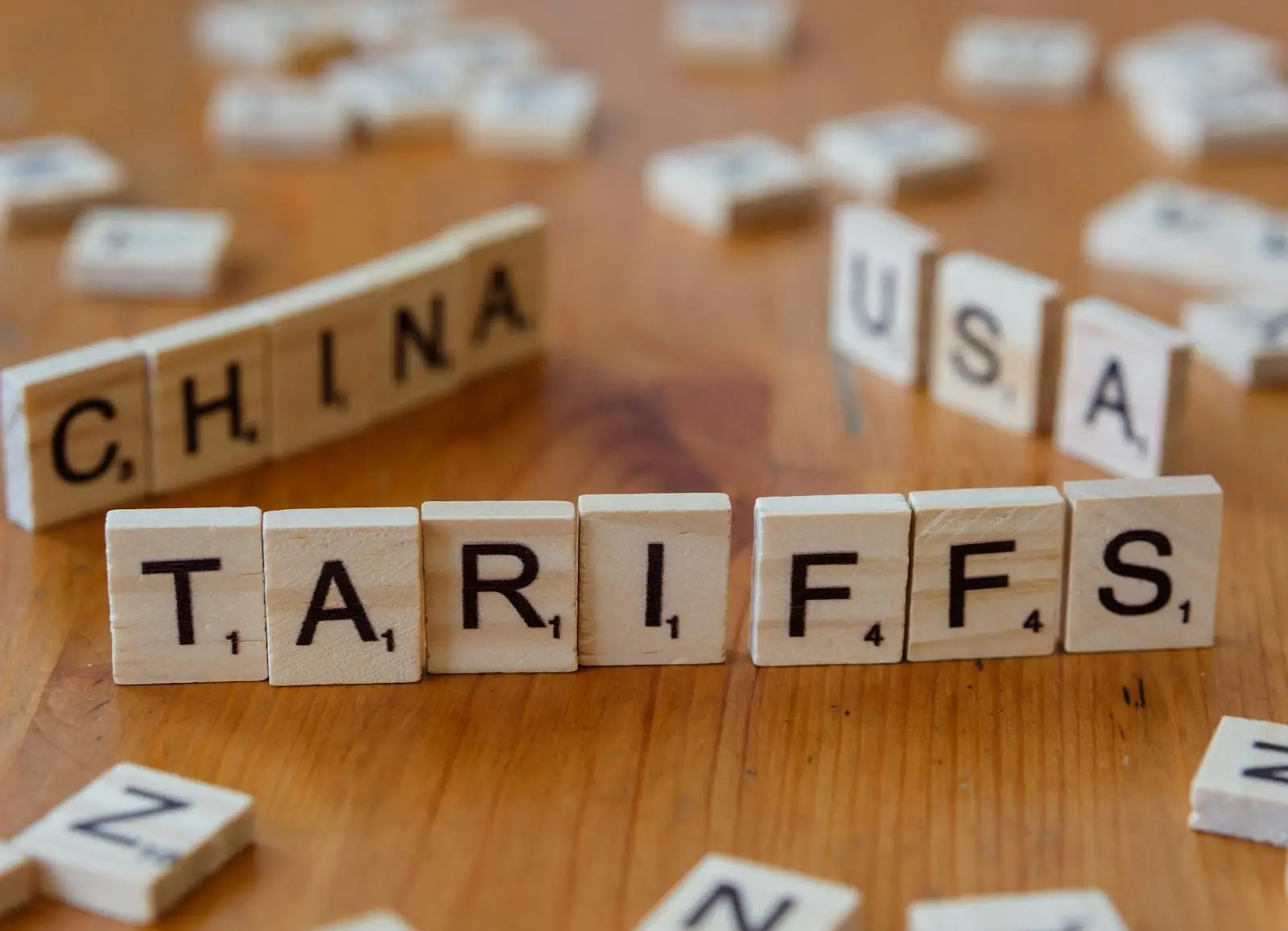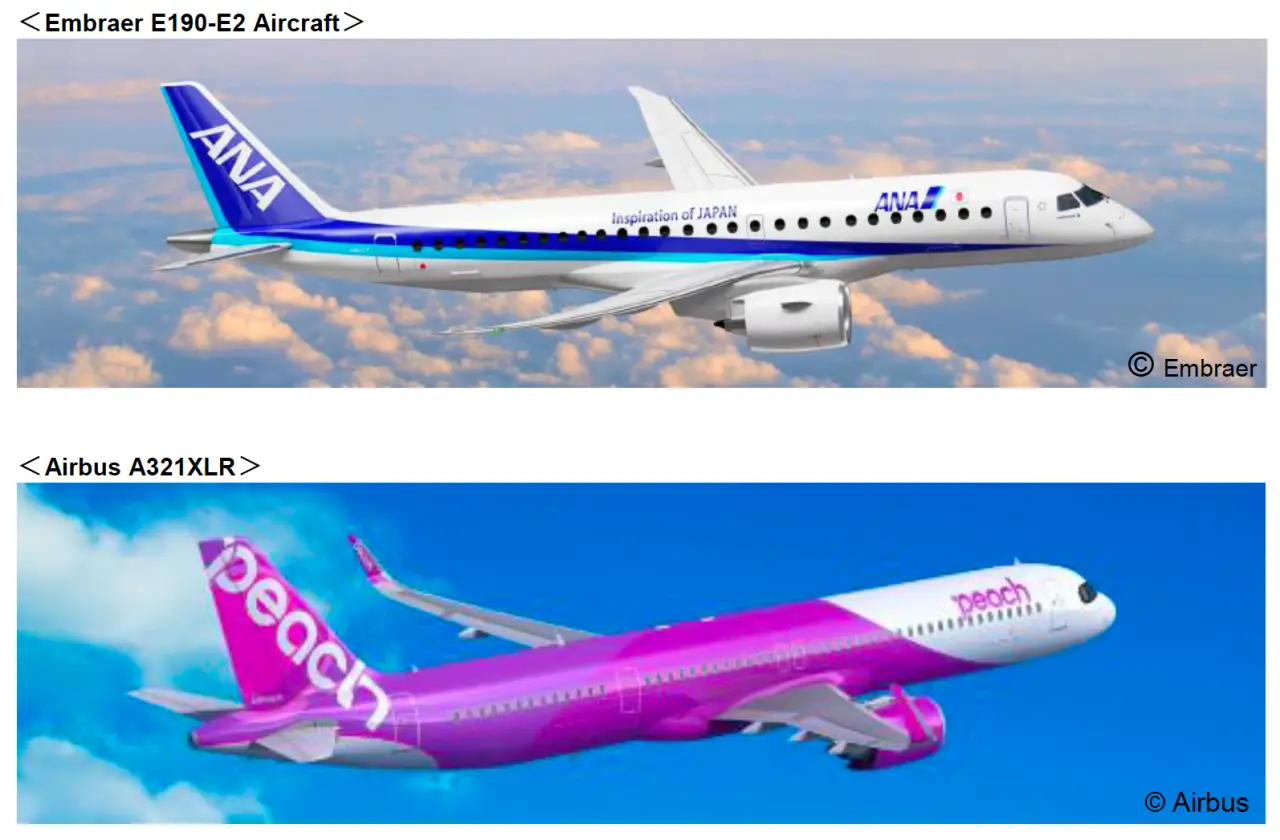Tensions between Beijing and Washington are escalating amid an ongoing tariff war. Following steep U.S. import taxes on Chinese goods, the Chinese government has instructed its domestic carriers to halt all purchases of aircraft from American manufacturer Boeing.
This development marks a serious shift in one of the aviation industry’s most important global partnerships. Sources close to the matter, cited by Bloomberg News, revealed that Chinese authorities have gone beyond just canceling new jet orders. Airlines have also been directed to suspend the acquisition of aircraft parts and equipment from U.S.-based companies, a move expected to send ripples through the global aerospace supply chain.
The decision is China’s sharp response to sweeping import tariffs imposed by the U.S., some of which reach as high as 145%. In retaliation, Beijing has levied up to 125% tariffs on American imports, calling the measures a response to what it sees as “illegal economic bullying” from the U.S. government. The result is a dramatic escalation in trade tensions that could have lasting consequences for industries well beyond aviation.
Boeing in the Crossfire
Boeing, already facing economic turbulence from earlier production issues and declining global demand, now finds itself entangled in a geopolitical standoff. The suspension of aircraft deliveries to Chinese airlines is a major blow, as China has long been one of Boeing’s largest international customers. The move adds another layer of pressure to a company struggling to regain momentum in a post-pandemic world.
Experts suggest the timing could not be worse. As global aviation begins to rebound, manufacturers like Boeing are eager to secure long-term supply contracts. But with China turning away from U.S. suppliers, American firms risk losing billions of dollars in future orders—not just in commercial aircraft, but also in support services, maintenance, and spare parts.
The Chinese government is reportedly considering ways to financially assist airlines affected by the rising costs of leasing Boeing aircraft or sourcing replacement parts from alternative suppliers. Industry analysts note that switching to aircraft from European rival Airbus, or increasing domestic aircraft production, could be part of China’s longer-term strategy.
The conflict has already begun to unsettle global markets. Boeing’s stock price took a hit after the announcement, and suppliers in the U.S. are bracing for possible cutbacks. The sudden stop in orders has also raised questions about the long-term health of U.S.-China trade relations, especially in high-value sectors like aerospace, semiconductors, and advanced manufacturing.
While the U.S. recently announced some tariff exemptions for technology goods such as smartphones and semiconductors, it has shown no signs of easing restrictions on other sectors. American officials have so far declined to offer immediate relief to China, keeping tensions at a boil as both nations dig in for what may be a protracted economic showdown.
With China’s commercial aviation market expected to grow substantially over the next decade, the freeze on Boeing purchases represents more than just a political message—it’s a strategic shift that could reshape the future of global aviation. Airlines, suppliers, and governments around the world are now watching closely, uncertain whether this is a temporary standoff or a turning point in U.S.-China economic ties.













